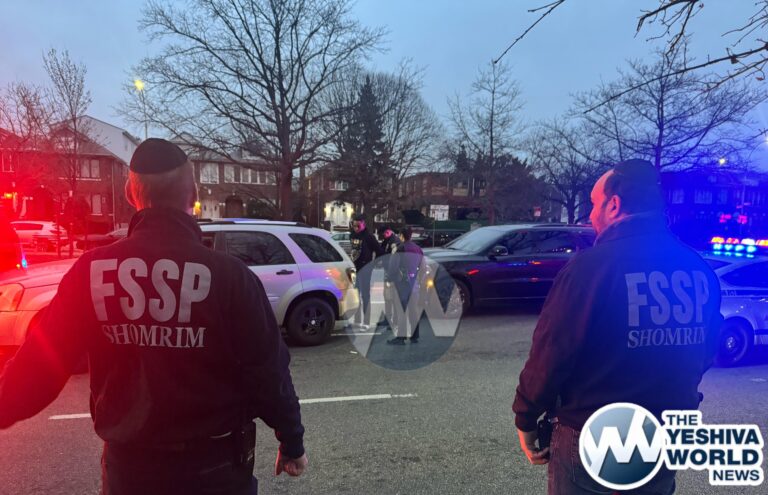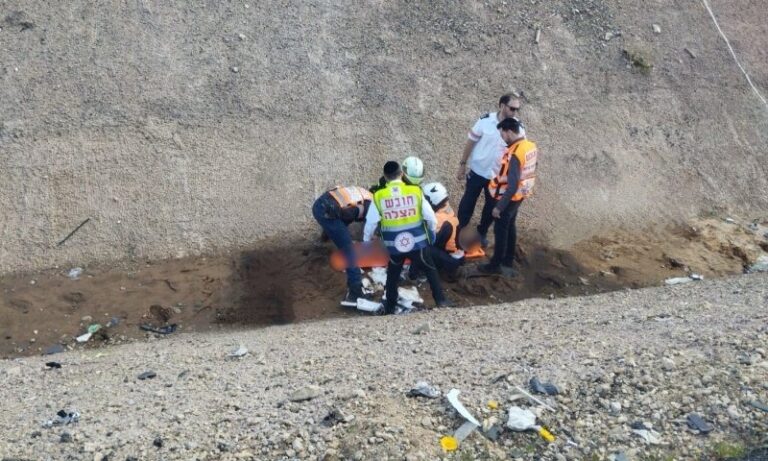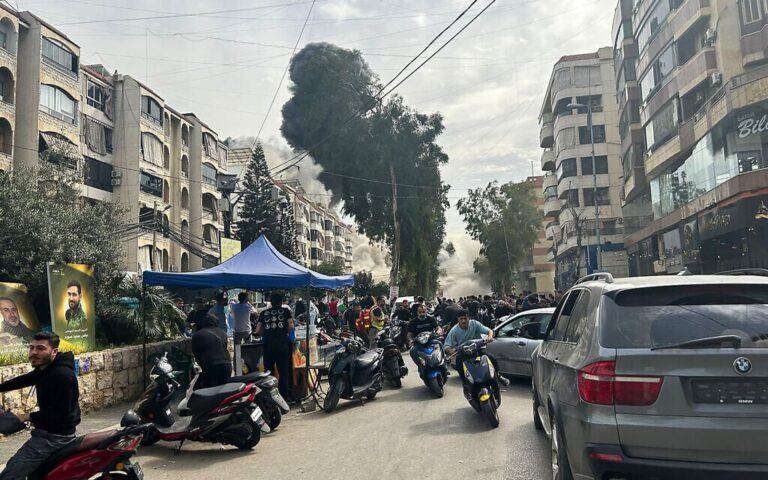Websites of several Russian media outlets were hacked on Monday, with a message condemning Moscow’s invasion of Ukraine appearing on their main pages, while others were blocked by the Russian authorities over their coverage of the war.
The interference on media hints at a growing antiwar sentiment among ordinary Russians, even though it’s unknown who was responsible for the hack. It also offers evidence of the government’s relentless effort to suppress dissent.
Russia’s state communications and media watchdog Roskomnadzor blocked several Russian and Ukrainian media outlets over their coverage of the invasion.
Russia’s magazine The New Times, which has been openly critical of the Kremlin, was blocked for reporting details about Russian military casualties in Ukraine which the Russian Defense Ministry has not disclosed.
Protests against the invasion have cropped up across Russia for four days now while nearly 1 million people signed an online petition demanding an end to the war. Demonstrators have faced mass detentions while authorities have restricted access to social media and threatened to shut down independent news sites.
The state news agency Tass, the pro-Kremlin newspaper Izvestia, St. Petersburg news isite Fontanka, and a number of others were targeted in the hacking attack on Monday. The independent news site Meduza posted screenshots of a message, signed by the hacker group Anonymous and “indifferent journalists in Russia”, that appeared on the main pages of some of the hacked websites.
“Dear citizens. We urge you to stop this madness, don’t send your sons and husbands to die,” the message read. “In several years we will be living like in North Korea. What’s in it for us? So that (President Vladimir) Putin gets into history textbooks? It’s not our war, lets stop him!”
Access to most websites was restored within an hour after the hack. Tass said in a statement that the message contained “information that has nothing to do with reality.”
(AP)












2 Responses
Looks like things aren’t going well for Adolf Putin y’s
Unlike past crisis (when the “left” which includes most of those inclined to be hackers were pro-socialist, even if they weren’t thinking clearly what that entailed), most of the hackers now appear to be anti-Russia. To a certain extent, Putin has promoted greater unity in western countries than one might have though possible. For geekdom, it will come to the united free world hackers, acting independent of government supervision, versus the civil service hackers of Russia and China. I bet on the guerilla geeks.